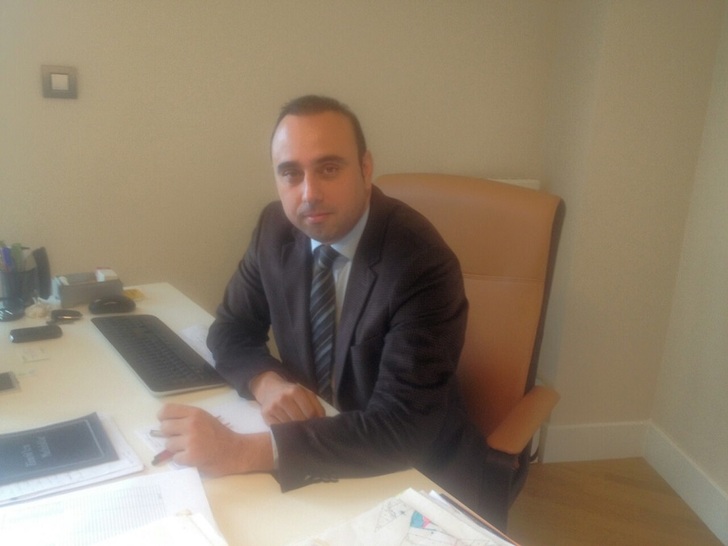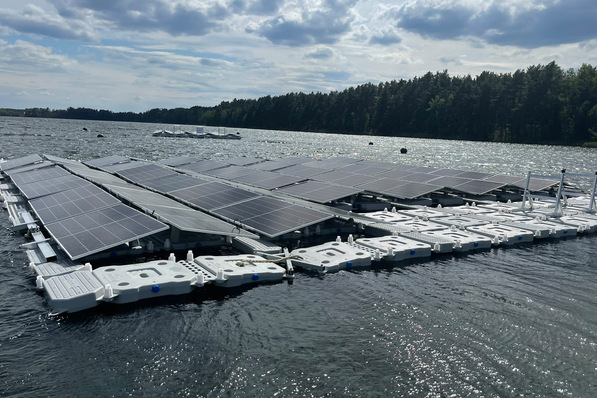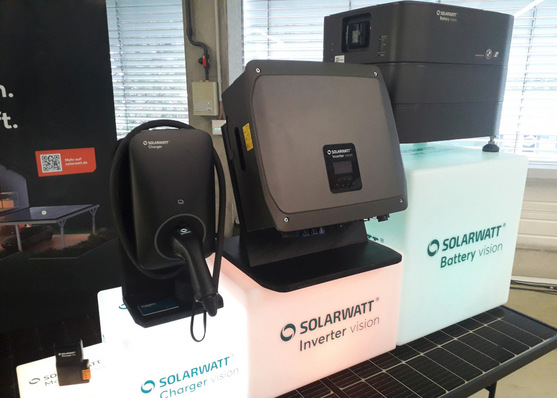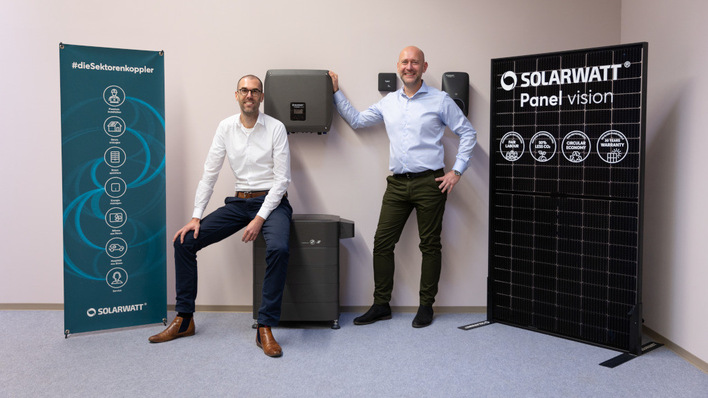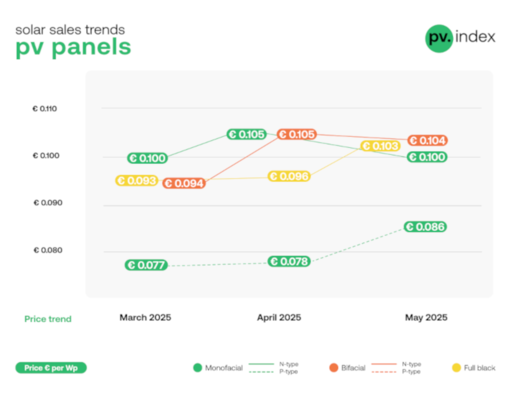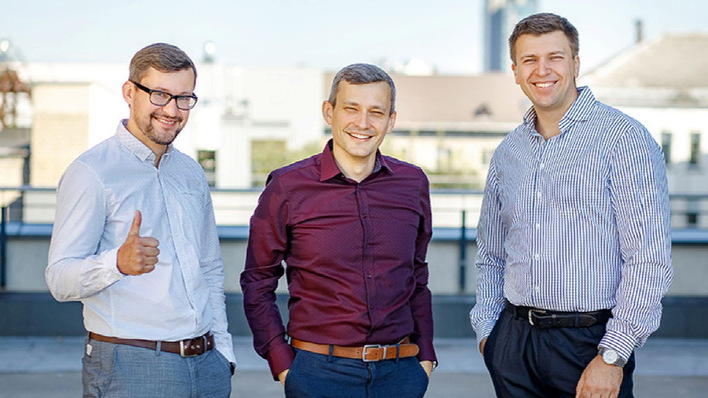This week the tender for a planned 1 GW solar PV farm near Konya has been postponed by the Turkish government for one month to enable local manufacturers to bid. The new regulations for the 1 GW solar tender state that local manufacturing of PV modules, cells, wafers and ingots is mandatory. Regarding solar modules this could maybe work, since there is a local production capacity of around 1 GW.
Import restrictions versus competitive solar production
But “there is no solar cell production in Turkey”, Mert Öneren of Acacia Renewable Investment in Istanbul told pv Europe. Thus it remains an open question how that tender can be implemented. With import restrictions and planned anti-subsidy measures against Chinese solar imports the government wants so build up a local industry. Öneren doesn`t believe that this is a useful approach. “According to the government strategy, which is to limit renewable investments, it seems useful. But whether this helps to establish a long running competitive solar production still remains doubtful”, he says.
No clear government strategy
“There is no clear government strategy for renewables, especially for solar. The government changed its supportive actions to limit the new projects due to the dropping grid price (approx. 4,5 US-cent) as the FIT lays above 10 US-cents. Because the FIT is protected by law, the government acts to drop the support through bans, limitations, hikes in system usage fees”, Öneren says. „ Political situation did not directly change any government policy on renewable investments, however the change of minister has completely changed the policy even though both ministers were from the same ruling party”, he says. And some solar companies were affected by the alleged support of the Gulen movement through the suspension of licenses, one of them were partnered with Belectric, he adds.
Weak Turkish Lira supports further drop in system prices
Does red tape, like long licensing processes have a negative impact on the solar sector? “Not in general. Only some municipalities try to hold construction permits such as Ankara Greater Area Municipality. Other authorities still continue their supportive policy”, Öneren says. The deflation of the Turkish Lira has positive impacts, he states. “The recent devaluation supports the drop of system costs as some parts of the systems are built in Turkey”. Due to a drop in solar module prices, PV system costs in Turkey dropped by 15 percent within the last two years, he adds.
Standards should be improved
Is there a need for further qualification of solar installers in Turkey? “Turkish solar EPC’s still have still no special certification by any authority, but market standards continue to develop with the support of competition”, Öneren states. Athough “TEDAS standards should be improved as TEDAS still serve as the approval authority of the technical design of the projects. Turkish Standards Association may probably elevate standards for solar as well”, he says. (HCN)
Stay informed, get our weekly newsletter. Register here: http://www.pveurope.eu/Newsletter
Related news:


